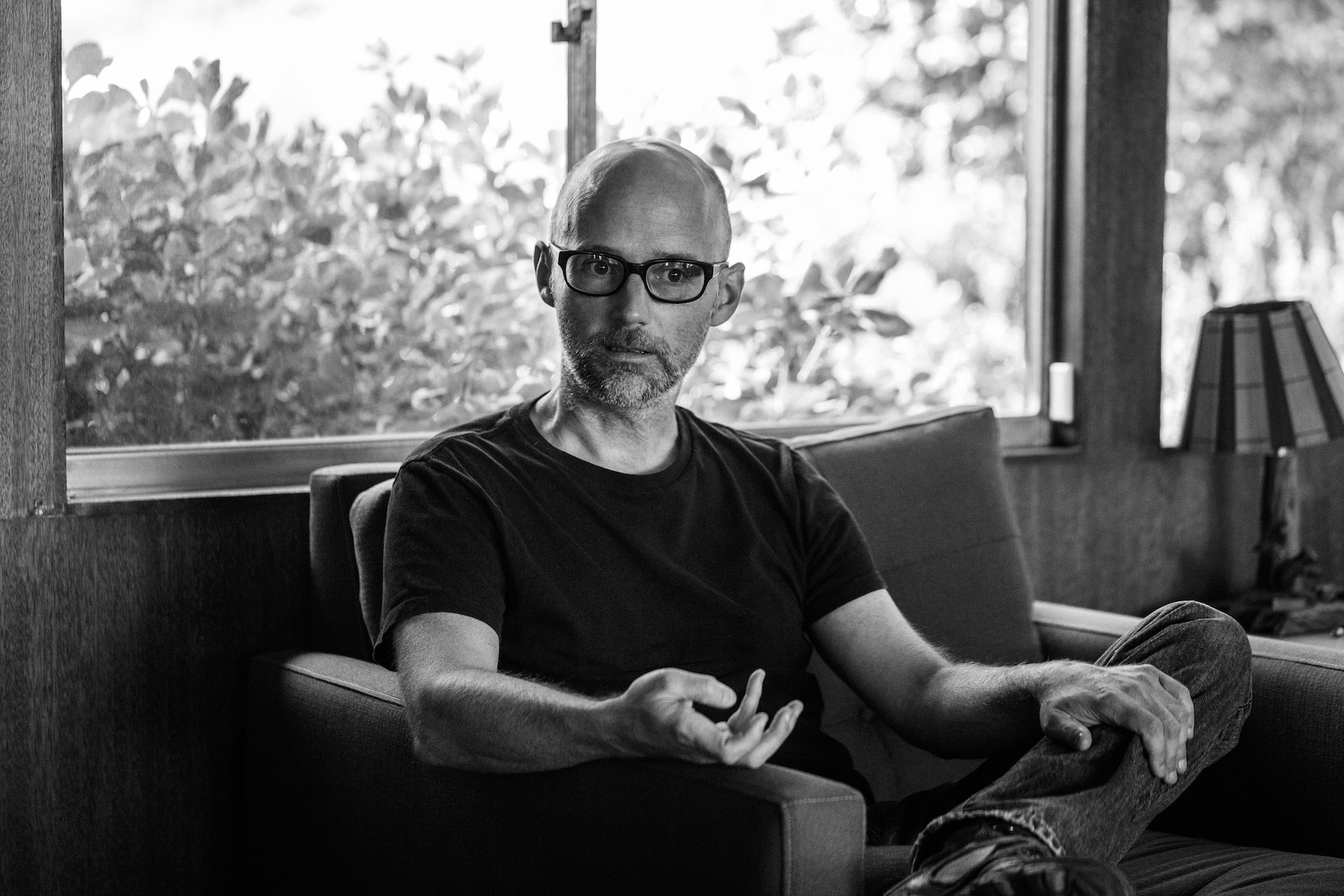Images 001
![]()
![]()
![]()
![]() Photos by G L Askew II
Photos by G L Askew II



 Photos by G L Askew II
Photos by G L Askew II
Notes
Published in Boat Magazine Issue 08: Los Angeles
1 Tip the world over on its side and everything loose will land in Los Angeles.
– Frank Lloyd Wright
2 I think if cities were dogs, New York would be some tough but self-contained Malamute-type that probably won’t bite you but if it did, it would go very wrong. London would be like a drunk Jack Russell. But when I think of LA, I think of this sloppy drooling dog from a shelter that is friends with everyone, even though no one really wants him around. He kind of turns up everywhere like, “Hey guys! What’s up?”
- Moby
Published in Boat Magazine Issue 08: Los Angeles
1 Tip the world over on its side and everything loose will land in Los Angeles.
– Frank Lloyd Wright
2 I think if cities were dogs, New York would be some tough but self-contained Malamute-type that probably won’t bite you but if it did, it would go very wrong. London would be like a drunk Jack Russell. But when I think of LA, I think of this sloppy drooling dog from a shelter that is friends with everyone, even though no one really wants him around. He kind of turns up everywhere like, “Hey guys! What’s up?”
- Moby
Moby’s Place in the World
~ by Erin Ruffin
In 1965 on 148th Street in Harlem, Richard Melville Hall was born. A distant relation to Herman Melville, he was nicknamed Moby, a pseudonym that would stick and become synonymous around the world with electronic music, veganism, and activism.
Moby is often credited for bringing electronic music to the masses, a genre limited in reach at that time mostly to big European cities, and I can attest to this. As a teenager growing up in Iowa, when Play was released in 1999, reaching us, realistically, a year later, the album was an alien to me. The best-selling albums of the time were NAS’ I Am…, Britney’s Baby One More Time, TLC’s Fanmail, Backstreet Boys’ Millennium, The Miseducation of Lauryn Hill, Californication, Life and Times of S. Carter, My Love is Your Love – it was a big year for big albums and for the most part they were my soundtrack.
Enter Moby’s Play. A soulful, emotional album of part electronica, part pop that took music for my friends and me into new directions. We could dance, pine for first loves, and face our inevitable entry into adulthood all at once. We could put its haunting layers of synth and gospel voices and dance grooves at the center of our roiling adolescence, or let it play out in the background.
The world connected to Play in a way even music industry giants could never have imagined; it became a phenomenon, and eventual target, for its gradual success and licensing strategy. It was the first album to license every track for use in films, TV shows, and commercials and after slow sales at the start (only 6,000 copies sold in the first week) it has gone on to sell 12 million copies worldwide. Heralded by Rolling Stone as one of the 500 greatest albums of all time, Play changed the game and surprised a lot of people, Moby included.
“After Play I was a crazy narcissistic entitled drunk who just wanted to be drunk, high, promiscuous, and on the receiving end of as much attention as I could possibly get. Same with the next couple albums. I was constantly touring, at one point I had an assistant whose only job was to throw parties. I had fun, but the consequences were terrible: debilitating hangovers, failed relationships and ultimately a lot of unhappiness, fear, anxiety, anger, depression. At some point I realized the efforts I was making to control my personal and professional life weren’t yielding results that I liked – artistically and personally I became someone I didn’t like very much.”
A native New Yorker, the city is a part of Moby’s DNA. He talks about New York like you might talk about a board game you played a million times as a kid – something conquerable, something completely knowable. And yet our connection to home, and certainly to urban environments, is never static. It’s a guarantee: things will change. Sometimes it’s easy and natural, and sometimes there’s a good bit of pain involved.
“If you do something in public someone is going to hate you for it, that’s just a given,” Moby says. “The Village Voice wrote this review and the opening line was: ‘Before seeing his concert I knew that everyone hated Moby, after seeing the concert I understand why.’ And I’m not looking for pity – I’m just saying there was so much negative, really truly vitriolic press directed towards me. It actually got to the point where I would play concerts and they wouldn’t be listed. The real turning point was when someone sent me a link to a Gawker or a Gothamist piece and, fine, it was snarky (because everything they write is snarky) but one of the comments was someone writing a murder fantasy about me. It was very graphic, about stabbing me to death and watching me bleed in the street.”
So what the hell happened? There are many explanations to Moby’s rise to fame and so-called fall from grace.
In Pitchfork’s review of Play the journalist insists, “Moby's flaw is that he comes across as too genuine – too wholesome.” Crowds shift and change, and musical taste can be an easy-to-gain form of social currency. New York simply went off of Moby; his “cultural capital,” as Carl Wilson calls it, became thin, too cheap for New York. It happens to most artists who rise to his level of visibility. New York will always move on, but when New York is your hometown the affects of this run a bit deeper. When your own home decides its social status is tied to how seriously it can slate you, it might be time to leave. “I simply started thinking, ‘Am I really that much of a masochist that I want to live in a place where so many people hate me?’” Moby started asking himself, “The irony being that this is the city where I was born… but life is short, why spend it with people who hate you?”
And so, a few years ago, Moby moved to Los Angeles. He renovated a gorgeous castle-like house in the Hollywood Hills, and he gets on with his life. His music studio in New York, he tells me, was a small bedroom full of equipment. In Los Angeles his studio is a small bedroom full of equipment. He still loves to work, he’s published a book of his photography which he exhibited this year, and his tour schedule, mostly DJing, is still jam-packed but he does all of it sober now. There’s an ease to Moby, which at times is hard to believe, given the road his career has taken, a career where success is based so much in popularity. As easy as it would be to say there’s a grasping or nervousness to Moby and his belief in his own work, I certainly didn’t see it. He seems really, truly happy.
“You’ll never find someone aggressively saying that LA is the greatest city in the world,” Moby says. “What you might find is a bunch of people saying that they’re happy living here, that they like it. There’s an urban humility to LA where other cities are so convinced of their own supremacy. I like living a place where people just get on with what they’re doing.”
Our innate subjectivity is possibly strongest when applied to our sense of home and place in the world. It’s impossible to view a new place without evaluating it with criteria deeply rooted in our own past experiences. People who move to LA from New York or London love to talk about the lack of public transportation systems here, but that’s not an issue for people who have moved from Missouri. The fact is, New York wasn’t easy on Moby, and that experience (along with other factors, Moby says) leaves a bruise, and perhaps the best medicine is a strong dose of positivity and optimism, both of which Los Angeles provides continually and in bulk.
“It’s standard for people to malign and denigrate LA, but the funny thing is - we love everyone,” Moby says. “San Francisco hates LA; we love San Francisco. New Yorkers malign LA; we still love New York. London talks shit on LA; we lovvve London. We don’t know enough to dislike anyone. We’re like the goofy, happy fat kid that just doesn’t understand his place in the world.”
Moby says the general happiness here makes it a great place to do things, and a great place to never do anything. Moby is currently working on his next album, a memoir about his time in New York from 1989-99, more photography, some film and TV projects, even some restaurant ideas. But he insists he doesn’t care if any of them ever happen, much less if they end up successful. When I ask him how he’s gotten to that point, how he’s gotten past the desire to win New York back over, he tells me he’s learned a lot from his own mistakes, from his own success and failure, and from the success and failure of people around him.
“Looking at my own life and the lives of those around me, focusing on the end result doesn’t seem to make anyone happy. You have all these finance people and studio heads having great success, but they are miserable,” Moby says. “I still like making things, but if I make a record and I put it out into the world and my criteria for evaluating its success is how complete strangers feel about it, it’s not very empowering. It’s handing wellbeing over to people you’ll never meet. I’d much rather have more manageable criteria for wellbeing and success. Why not make an effort to have a sense of self and an emotional life that is based on what’s actually in front of me?”
Of course this is easier said than done, particularly in a financial sense, but the general focus on the process, and the journey through it, is something that seems totally acceptable in LA. This city accepts a lot of failure, it accepts unfinished projects (it’s home to millions of them), it accepts the loose ends, it accepts the dreamers, it accepts New York’s rejects, and it demands relatively very little in return. Maybe it’s a creative cop-out. Maybe it lacks an edge or leans towards comfort and away from that almighty creative struggle we’re meant to worship.
“If I’m going to be a cliché, I’d much rather be an open-minded, healthy, Southern Californian cliché who goes hiking every day than a bitter, cynical drunk cliché who is hung over and mad at the world. I’ve spent a lot of time being that cliché,” Moby says. “Only a few decades.”
For me, back in 1999, Play offered space within its layers to be introverted, to turn inwards at a time in my life when finding that delicate balance between holding on and letting go, between staying put and growing up, was totally of the essence. Talking with Moby it seems his personal challenge, and perhaps his inadvertent message, is exactly that – know what to hold on to, and most importantly what to let go of.
Robert Noyce, a Californian and co-founder of Intel, summed up the optimism that lives here quite happily: "Don't be encumbered by history. Go off and do something wonderful."
And what’s so wrong with that?